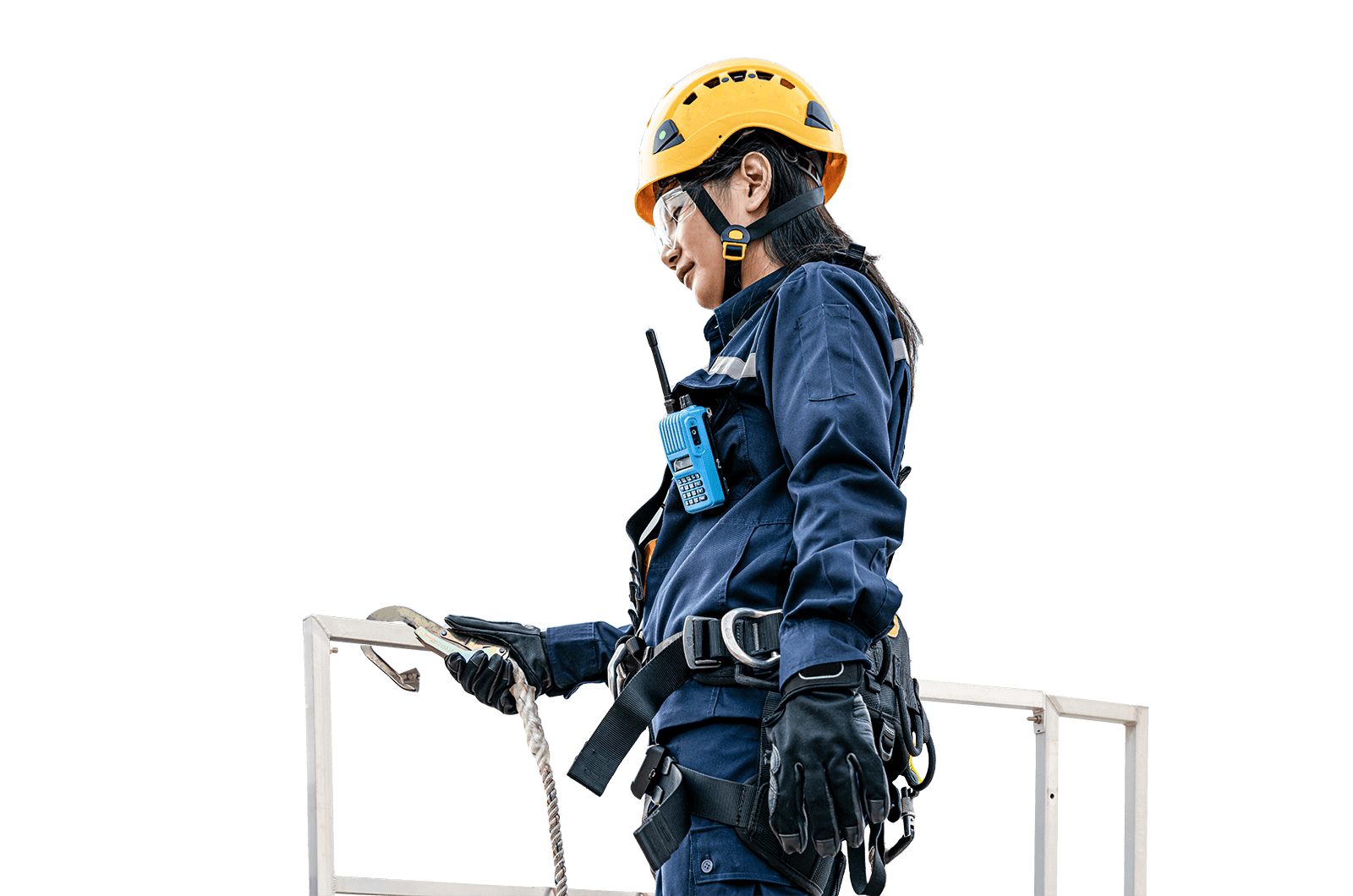Ageing equipment can cause unexpected failures. Using Fitness for Service extends life of equipment, while avoiding expensive and unnecessary repairs.
Should you repair or replace your equipment? Can it remain in operation? A Fitness-for-Service approach allows you to make informed decisions about the ability of the equipment to continue operating despite having flaws or damage.
Regardless of the quality of a Mechanical Integrity program, degradation or damage eventually occurs in virtually every facility. When it does, personnel need to understand what has caused the damage and whether the equipment can remain in operation, be repaired, or be replaced. Intertek Asset Integrity Management (AIM) provides the remaining-useful-life service that gives you the information you need to make the right decisions.
Non-destructive examination (NDE) of equipment is a standard periodic maintenance item used to manage today’s in-service assets. Generally, the NDE itself is quite straightforward; however, problems can arise when the NDE technician discovers a significant weld or base metal flaw indication. This leads to the following questions:
- Should the flaw be repaired before placing the component back into service?
- Can the repair be delayed until a future planned outage?
- What Code or Standard should be used to evaluate the component?
For pressurized components in power plants, chemical plants, or petrochemical plants the National Board Inspection Code is often the governing standard. This standard provides repair guidelines and allows for Fitness-for-Service approaches using ASME FFS-1/API 579.
The initial FFS Level 1 evaluation is intended for use at the plant inspection level. An increasing level of complexity is required for the analysis of defects or conditions that do not pass the previous level. At the Level 2 evaluation, standard design calculations are made to take credit for any extra fabricated thickness, which can in turn be used as additional corrosion allowance. A Level 3 analysis is intended to be used by an engineering specialist in the appropriate field. At this level complex calculations are often employed, including finite element analysis and fracture mechanics.
Intertek’s multidisciplinary Total Quality Assurance team, with specialist knowledge in areas of fracture mechanics, fatigue, finite element analysis, materials, inspection and welding, has conducted many failure analyses in the industry, as well as hundreds of fitness-for-service analyses using the guidelines in ASME FFS-1/API 579. The information gathered in the failure analyses allows us to augment the information in ASME FFS-1/API 579 and permits us to provide the most comprehensive assessment of a component possible. Using the Fitness-for-Service approach can allow the owner of the equipment to safely extend the operability of the equipment while avoiding expensive and unnecessary repairs.


